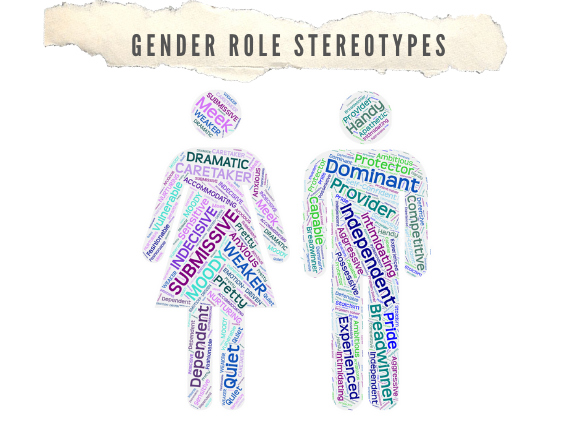Offering shelter to victims of domestic violence and abuse

Changing Traditional Gendered Dating Roles
By Alexa Kauffman, Hope’s Door Youth Prevention Program Coordinator
This article addresses heterosexist gender norms prevalent in our culture. In a future article, we will focus on issues of relevance to the LGBTQI+ community.
Hope’s Door’s mission is to end domestic violence and empower its victims to achieve safety, independence and healing from the trauma of abuse. While most of our services aim to empower victims, our Teen Prevention Program, specifically Love Shouldn’t Hurt and the STAR component, are among the most important initiatives that our agency has ever undertaken to end domestic violence, by preventing it from ever starting. Working with young people at an early age, modeling healthy relationships, and challenging gender norms prevalent in youth dating culture are three key ways we seek to end domestic violence.
Dating culture in general stems from the social construct of traditional gender roles. Predominantly and from a very young age, boys are taught to be dominant, stoic and aggressive while girls are often expected to be more submissive, emotional and passive. Both within home life and from daily media exposure (watching any Rom-Com movie, the gender stereotyping is always amplified), “what it means” to be a girl or boy constantly bombards our youth.
While the traits themselves are not necessarily the issue, it is the implied meaning behind them that can cause behavior patterns that result in unhealthy relationships. These definitions of “manhood” or “womanhood” can cause social pressures that may force teens to act in specific ways. In some cases, straying from the gendered behavior can cause backlash from family, friends or schoolmates. When it comes to dating relationships, girls and boys can feel obligated to act in certain ways to feel “worthy” of being an eligible dating partner. Dating violence occurs when each party’s conditioning is amplified: a boy feels his manhood is at stake if not aggressive and possessive of his partner, while the girl feels her womanhood is at stake if she cannot care for her partner and meet his needs without complaint or defiance.
Hope’s Door has created programming that among other things, helps unpack these gender role stereotypes and demonstrate that they are not mandatory, and in fact can be detrimental to creating healthy relationships. By breaking free of stereotypes and the often toxic behaviors associated with traditional gender roles, all teens looking to date can experience healthier and safer dating lives.





